- Home
- About
- Hospitals
-
Treatments
- Orthopedic & Spine
- Knee Replacement
- Carpal Tunnel Release
- Rotator Cuff Repair
- Meniscus Repair / Meniscectomy
- Total Hip Replacement (THR)
- Total Shoulder Replacement
- Arthroscopy
- Ligament Reconstruction
- Spinal Fusion
- Discectomy
- Laminectomy
- Spinal Decompression
- Vertebroplasty and Kyphoplasty
- Fracture Repair
- ACL Reconstruction
- Tendon Repair
- Osteotomy
- Amputation
- Pediatric and Adult Cardiac
- Neuroscience
- Oncology
- Nephrology & KTP
- Gastroenterology & Hepatobiliary
- Obstetrics and Gynaecology
- Infertility
- Dental & Maxillofacial
- Plastic & Cosmetic Surgery
- Rhinoplasty
- Blepharoplasty (Eyelid Surgery)
- Facelift (Rhytidectomy)
- Breast Augmentation (Mammoplasty)
- Breast Reduction (Mammoplasty)
- Breast Lift (Mastopexy)
- Liposuction
- Abdominoplasty (Tummy Tuck)
- Brazilian Butt Lift (BBL)
- Lip Augmentation
- Breast Reconstruction
- Cleft Lip and Palate Repair
- Scar Revision
- Burn Reconstruction
- Botox Injection
- Ophthalmology
- Otolaryngology (ENT)
- Endocrinology
- General and Minimal Invasive Surgery
- Pulmonology
- Rheumatology
- Urology
- General Medicine
- Ayurvedic Treatment
- Orthopedic & Spine
- Doctors
- Contact Us
Spinal Decompression
Spinal Decompression
refers to various procedures or techniques aimed at relieving pressure on the
spinal cord or nerve roots in the spinal canal. This pressure can be caused by
conditions such as herniated discs, spinal stenosis, degenerative disc disease,
or other spinal abnormalities. The goal of spinal decompression is to create
more space within the spinal canal, reducing compression on the nerves and
providing relief from associated symptoms.
There are two main types of
spinal decompression:
Surgical Decompression:
Laminectomy: As
mentioned earlier, laminectomy involves the removal of a portion of the
vertebral bone (lamina) to enlarge the spinal canal and alleviate pressure on
the spinal cord or nerve roots.
Microdiscectomy: This
procedure is often performed to relieve pressure on a nerve root caused by a
herniated disc. It involves the removal of a small portion of the herniated
disc material that is pressing on the nerve.
Foraminotomy: In this
procedure, the surgeon removes a part of the bony tunnel (foramen) through
which nerve roots exit the spinal canal. This is done to relieve pressure on
the nerves as they exit the spine.
Non-Surgical
Decompression:
Spinal Traction: This
involves stretching the spine using mechanical traction devices. Traction aims
to create negative pressure within the spinal discs, promoting the retraction
of herniated disc material and relieving pressure on nerves.
Inversion Therapy:
Some people use inversion tables or boots to hang upside down, which is
believed to reduce pressure on the spine and promote spinal decompression.
Non-surgical decompression devices:
These devices use computer-controlled traction to stretch and decompress the
spine. Patients typically lie on a motorized table that gently stretches and
releases the spine.
Non-surgical
decompression is often considered for individuals who may not be candidates for
surgery or prefer a less invasive approach. However, the effectiveness of
non-surgical decompression treatments can vary, and it's essential to consult
with a healthcare professional to determine the most appropriate treatment
based on an individual's specific condition and symptoms.
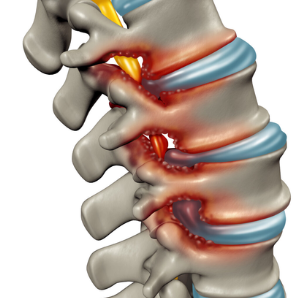


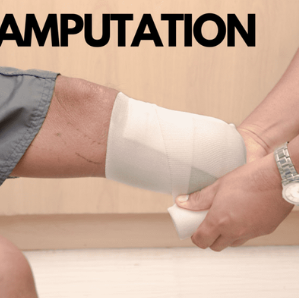
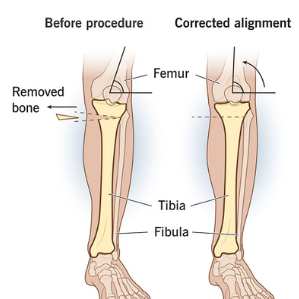

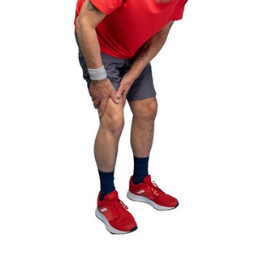
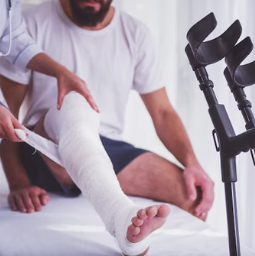
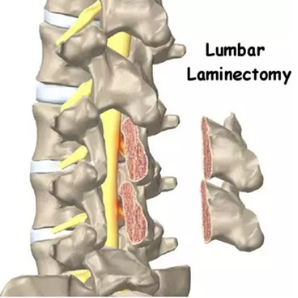
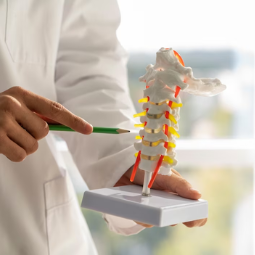
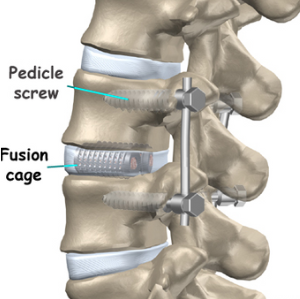
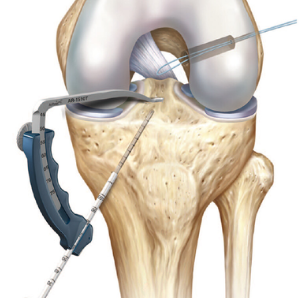
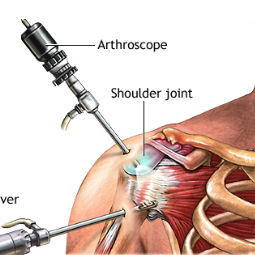
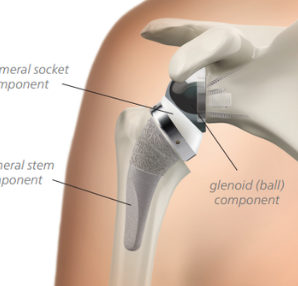
.png)